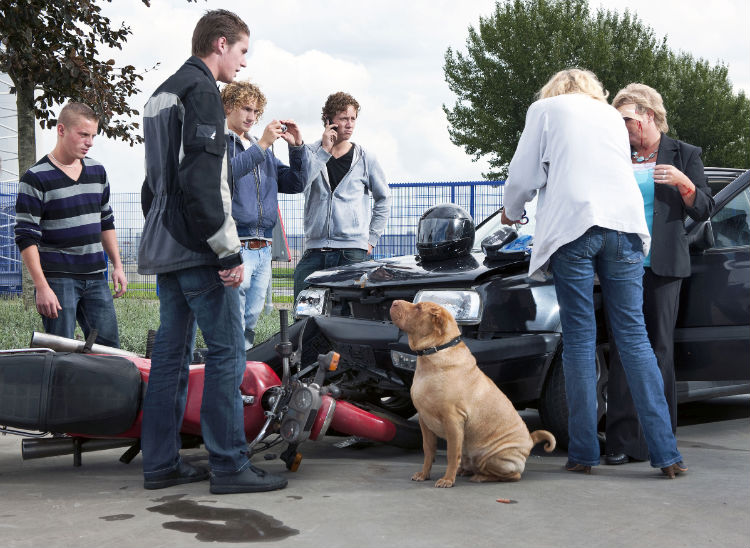An Annapolis truck accident lawyer focuses his or her efforts to fight for compensation in personal injury-related cases. In a tractor trailer or 18-wheeler truck accident, there is a high probability of significant injuries. This risk is when the driver fails to comply with FMCSA regulations and company policies. If you are injured in an accident involving these large-scale trucks, a lawyer may discover additional avenues in which you may receive compensation.
FMCSA Regulations
There are laws in place to protect the interests of drivers who come in contact with these large vehicles. This includes preventing hazardous conditions, which could lead to truck-related accidents. Labor laws prevent an employer from adjusting time allowances and driving times for their drivers. These laws are based on Federal Motor Carrier Safety Administration standards and regulations. Although new measures have been taken to prevent these adjustments, such as electronic log books, drivers are finding new ways to violate these regulations.
Top Reasons for Truck-related Accidents
Among the top reasons for tractor, trailer-related accidents are faulty brakes, OTC medications, fatigue, and roadway issues. Most commercial 18-wheelers have surveillance systems installed to allow corporate monitoring of drivers. However, inadequate surveillance prevents companies from monitoring their drivers effectively. In these cases, the employer cannot enforce strict rules associated with the use of OTC medications and controlled substances while the driver is on the road.
How the Law Works for Victims
When a tractor-trailer truck accident occurs, detail-intensive procedures are followed. For insurance purposes, the driver is tested for the presence of drugs or alcohol. The test will detect any OTC medication containing ephedrine. The 18-wheeler truck is inspected to determine whether a mechanical error was to blame for the accident. If you were injured in a tractor trailer accident, an Annapolis truck accident lawyer can gather all information related to driver-related drug testing and inspections of the vehicle.
This evidence will enable your preferred lawyer to present a solid case against the driver and their employer. A judge will review this evidence to determine fault. If the driver tested positive for drugs or alcohol at the time of the accident, he or she may also receive criminal charges.







